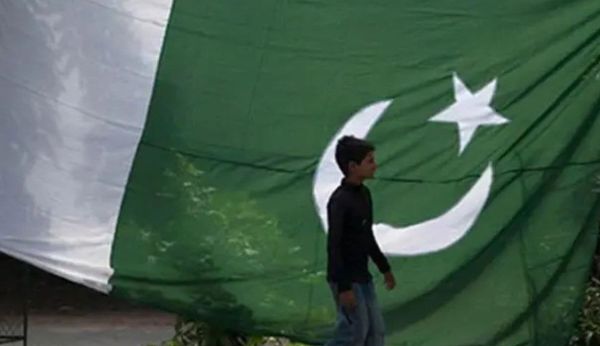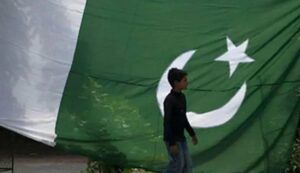
Khyber Pakhtunkhwa: According to Dawn, Parachinar is still isolated from the rest of the province even after a peace deal was signed on January 1 that was supposed to provide respite to Kurram‘s long-suffering citizens.

As negotiations between the government and demonstrators are ineffective, a convoy carrying vital supplies that is now stuck in Thall waits for safe access into Parachinar.
On Saturday, the convoy, which was headed to Parachinar, was attacked close to the Bagan region. The convoy came to a stop as a result of the assault, which wounded Kurram’s deputy commissioner. Since then, attempts to advance the convoy have failed, and the route is still blocked, causing serious shortages for the Kurram residents. The ceasefire deal has temporarily stopped fighting, but it hasn’t allowed access to Parachinar, which has been cut off for more than two months.
Speaking to Dawn, former minister Sajid Turi emphasized that the government has the obligation of guaranteeing the convoy’s safe journey to Parachinar. “The situation in the ‘besieged areas’ of Kurram was very difficult, and if the government failed to resolve the issue, it would only worsen,” he said.
The 93-day blockade has caused a severe scarcity of food, medication, and other commodities, depriving the roughly 500,000 residents of the area of their most basic needs. Turi said that because of the road closure and the area’s ongoing isolation, markets have remained empty.
Additionally, Turi said that terrorists in Kurram received foreign assistance, but he could not identify the source. The government’s effort to negotiate from a weak position was criticized by him. Turi claims that the government’s strategy, in which the KP chief minister made choices without seeking input from the jirga, has not produced any real answers, according to Dawn.
He also brought attention to the fact that a helicopter service that had been operating for a month had been shut down, which has made matters worse for patients, tourists, and students who depend on it.
MNA Engineer Hameed Hussain, in the meanwhile, emphasized the need to find quick answers to the food and medical shortages and called for prompt action to unblock access routes. A jirga member from Lower Kurram named Qadar Orakzai said he hoped the convoy might go on by Wednesday. He said that in order to address the problem, local officials had met at the Chapari Gate. Some cars have already returned to Peshawar as a result of the convoy’s delay, which has generated discontent despite these efforts.
The convoy itself is still in situ, awaiting a resolution, while the cars with perishable goods have already turned around. Turi said, “It is too little, and there is no guarantee when another convoy will be allowed to proceed,” raising concerns about how well these convoys will be able to meet the region’s long-term demands, according to Dawn’s findings.
In addition, Orakzai demanded that Bagan Bazaar, which had been devastated in an assault in November that claimed over 40 lives, be rebuilt in a style similar to that of North Waziristan’s Miramshah Bazaar.